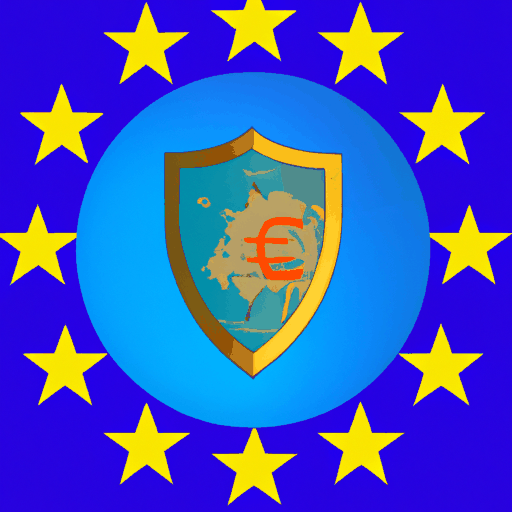
EU Sanctions Target Russian Crypto Exchange Garantex For Ukraine Conflict Ties
By: Isha Das
The European Union has recently imposed sanctions on Garantex, a prominent Russia-based cryptocurrency exchange, as a part of its comprehensive 16th sanctions package. These efforts are directed towards entities linked to the ongoing Ukraine conflict. The move by the EU represents a significant step in curbing Russia’s financial capabilities in the international arena, especially through the burgeoning world of cryptocurrency.
Garantex has been identified as a crucial ally in Russia's attempts to bypass financial scrutiny, with its connections to Russian banks that are already under EU sanctions raising red flags. By sanctioning Garantex, the EU aims to address the loopholes that potentially allow circumvention of traditional financial restrictions through digital assets like Bitcoin and USDT.
This sanctions package is comprehensive, also encompassing various individuals and entities believed to be supporting Russia's military efforts. With assets frozen and prohibitions on transactions for EU citizens and businesses, the influence of the sanctioned entities is expected to be significantly curtailed. Furthermore, key figures linked to these entities are facing travel bans within EU member countries.
The EU’s actions align with previous measures by the United States and the United Kingdom, who have scrutinized Garantex’s role in considerable transactions aimed at evading sanctions, especially those involving approximately $20 billion in digital assets. Notably, Garantex has also been accused of facilitating dealings with cybercriminals and ransomware groups, adding to its controversial standing amidst increasing geopolitical tensions. These measures highlight the EU's commitment to tightening the financial noose around networks linked to Russia’s aggressive moves in Ukraine and beyond.



